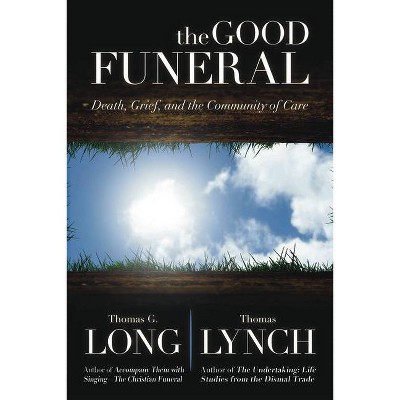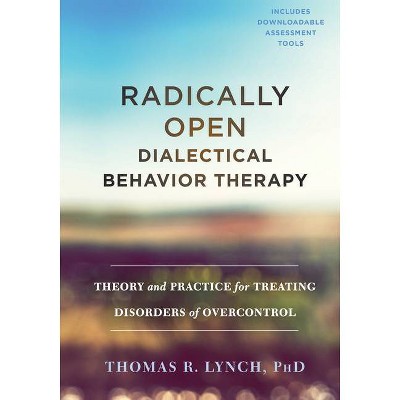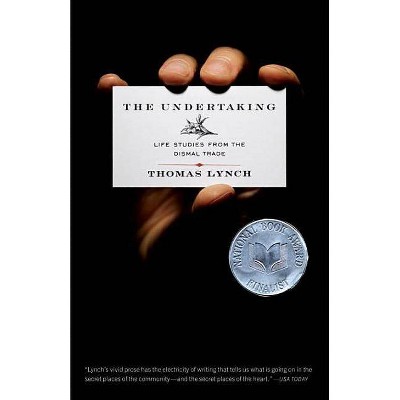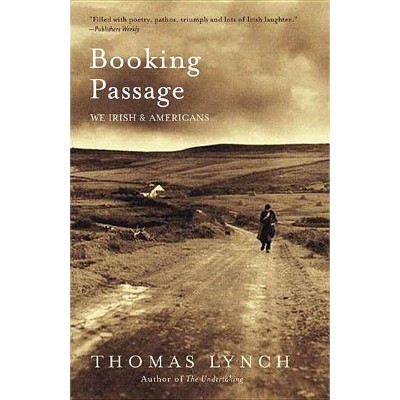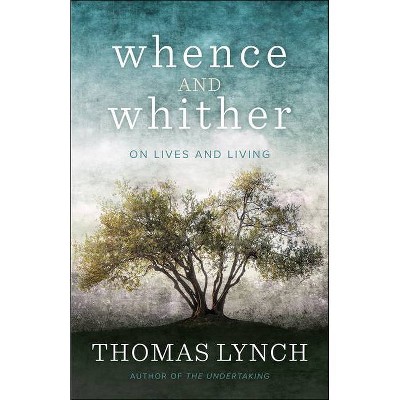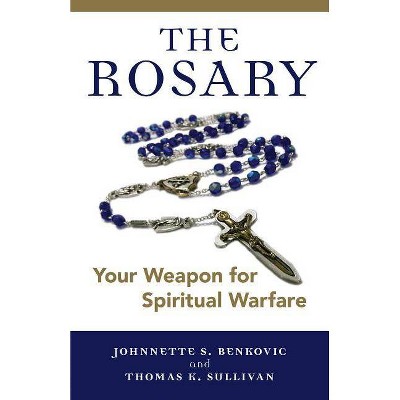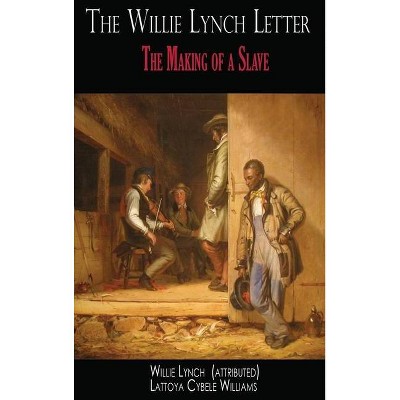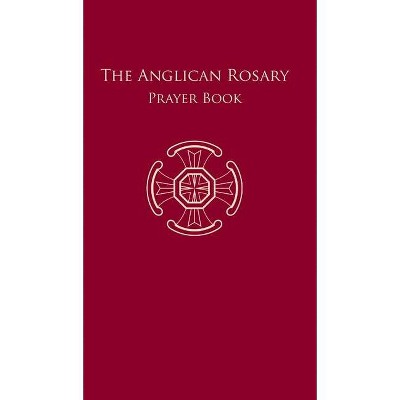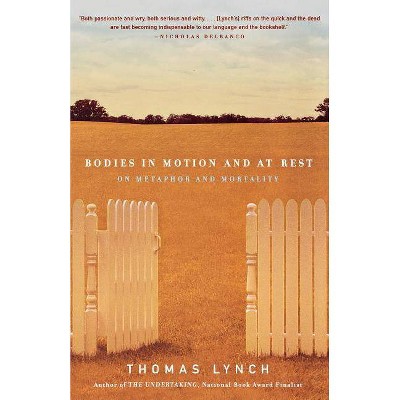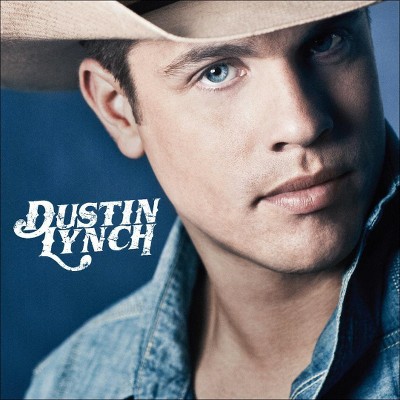Bone Rosary - by Thomas Lynch (Hardcover)
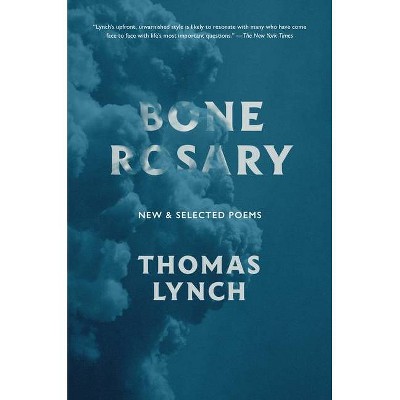
Similar Products
Products of same category from the store
AllProduct info
<p/><br></br><p><b> About the Book </b></p></br></br>"A selection of the very best from one of America's most thought-provoking writers: poems on life, faith, doubt, and death that read like memoir, essay, and story. As The New York Times said, has written, "likely to resonate with many who have come face to face with life's most important questions." Thomas Lynch-like Wallace Stevens and William Carlos Williams-is a poet who writes about real things with language rooted in the everyday yet masterfully infused with power: I have steady work, a circle of friends and lunch on Thursdays with the Rotary. I have a wife, unspeakably beautiful, a daughter and three sons, a cat, a car, good credit, taxes, and mortgage payments and certain duties here. Notably, when folks get horizontal, breathless, still: life in Milford ends. They call. I send a car. Thomas Lynch spent his career as an undertaker in Midwest America-and in his off-hours became a writer of exceptional insight. Publishers Weekly calls him "A poet with something to say and something worth listening to." This collection presents 140 of Lynch's greatest poems drawn from his previous books, Skating With Heather Grace, Still Life in Milford, Grimalkin, The Sin-Eater, and Walking Papers. This is a collection for who loves all the questions and mysteries-big and small"--<p/><br></br><p><b> Book Synopsis </b></p></br></br><p><b>A selection of the very best from one of America's most thought-provoking writers: poems on life, faith, doubt, and death that read like memoir, essay, and story. As <i>The New York Times</i> said, "likely to resonate with many who have come face to face with life's most important questions."</b> <p/>Thomas Lynch--like Wallace Stevens and William Carlos Williams--is a poet who writes about real things with language rooted in the everyday yet masterfully infused with power: <p/> <i>I have steady work, a circle of friends<br> and lunch on Thursdays with the Rotary.<br> I have a wife, unspeakably beautiful, <br> a daughter and three sons, a cat, a car, <br> good credit, taxes, and mortgage payments<br> and certain duties here. Notably, <br> when folks get horizontal, breathless, still: <br> life in Milford ends. They call. I send a car.</i> <p/>Thomas Lynch spent his career as an undertaker in Midwest America--and in his off-hours became a writer of exceptional insight. <i>Publishers Weekly</i> calls him, "A poet with something to say and something worth listening to." This collection presents 140 of his greatest poems drawn from his previous books, <i><b>Skating with Heather Grace</i></b>, <i><b>Still Life in Milford</i></b>, <i><b>Grimalkin</i></b>, <i><b>The Sin-Eater</i></b>, and <i><b>Walking Papers</i></b>. This is a collection for readers who love all life's questions and mysteries--big and small. <p/>"Thomas Lynch's poems take us under the apparent world to where consciousness is alive and shimmering with joy and loss, blindness and epiphany."--Billy Collins</p><p/><br></br><p><b> Review Quotes </b></p></br></br><br><p><b>Praise for <i>Bone Rosary</i></b> <p/>"Lynch's poems are bathed in music, battered by grief, buttressed by humor. How it's possible to achieve such a delicate balance is anyone's guess. Therein lies Lynch's magic. It is rare to encounter a poet so surefooted."<br>--<b><i>New York Journal of Books</i></b> <p/> "Lynch is a brilliant technician of poetry, but the techniques never call attention to themselves; we keep reading because we want to know what he will say, what's going to happen, what sounds he will sing."<br>--<b><i>Today's American Catholic</i></b> <p/> "Thomas Lynch has a singular voice in American literature . . . Bone Rosary's introduction, a rollicking ten pages of memoir, [is] worth the price of the book alone."<br>--<b><i>Reformed Journal</i></b> <p/> "An undertaker takes you under, and Thomas Lynch has made a fine career of that. His poems, while respecting the mighty surface of earthly things, take us under the apparent world to where consciousness is alive and shimmering with joy and loss, blindness and epiphany. His voice has that kind of lilt that can charm, if not birds from the trees, then readers from their treehouses."<br>--<b>Billy Collins, author of <i>Whale Day: And Other Poems</i></b></i> <p/>"<b><i>Bone Rosary</b></i> brings the extraordinary work of a lifetime together with new, important, timely poems. This is art that helps us to understand the world as it challenges us to stay alive and in it. Sorrow balanced so evenly with humor--actual hilarity, in fact--is rare, and a reminder of the purpose of poetry itself. How lucky we are to have this collection, which is a celebration of Thomas Lynch, his accomplishments, and his great talent. It's a gift--a palpable reminder of the sacred and immortal power of poetry."<br>--<b>Laura Kasischke, author of <i>Where Now: New and Selected Poems</i></b> <p/> "Hymns to the homely, burlesques of the prideful, blessings for the newborn, laments for the lost: these are the circuits of devotion in <b><i>Bone Rosary</b></i>. Nowhere in our suffering century have the concordances between the ceremonies of faith and of friendship been more eloquently brought to life. Reader, we live in a dark time. May you be, as I have been, restored by what you find in these pages."<br>--<b>Linda Gregerson, author of <i>Prodigal: New and Selected Poems</i></b> <p/> "For some thirty-five years Thomas Lynch has been publishing poems with a voice and understanding completely his own. His poetry emerges from a proud heritage with deep roots in Irish-American Catholicism and the history and culture of the Irish on both sides of the Atlantic. Yet for all his tribal affiliations, Lynch speaks with a stubborn independence, an irreverent humor, a frank joy in the pleasures of the flesh, and a bracing acknowledgment of life's responsibilities and sorrows. This book represents an enduring poetic legacy."<br>--<b>Richard Tillinghast, author of <i>Wayfaring Stranger</i></b> <p/> "A poem near the middle of this rich collection from a life's work tells us 'All...come to their ashen ends and life goes on.' Because of his occupation (funeral director), Thomas Lynch has looked longer and harder into those 'ashen ends' than most of us. But his art (these poems) sings the glory and the pain of the lives that go on. Lynch has found a diction and a rhythm, both Irish and Midwestern, that prays and grieves, thinks and rages against the power of indifference. There is no other voice quite like this one."<br>--<b>Keith Taylor, author of <i>The Bird-while</i></b></p><br><br><p><b>Praise for the poetry of Thomas Lynch</b> <p/> <b><i>Skating With Heather Grace</i></b> <p/> "This powerful, provocative collection of 42 poems introduces a poet who speaks with authority and eloquence. Often his subjects are commonplace his wife, dog and children, his work and the poems are set at home in Michigan and abroad, in Ireland and Italy. (Several of the pieces are about Argyle, a mythic Irish character.) Like his father, Lynch is an undertaker, and the poems that address death here are sagacious and overcome the risk of morbidity by embracing life while facing death. Other standouts are his tender meditation on his daughter, 'Skating with Heather Grace, ' and the heartfelt, gritty perceptions of 'Tatyana'....there is grace and control, indeed virtuosity. Lynch is a poet with something to say and something worth listening to."--<i>Publishers Weekly</i> <p/> "Mr. Lynch's caustic humor is part inheritance, part the reaction to modern culture of a poet caught between two worlds. Settled comfortably into middle-class Michigan life, he visits Ireland to refresh his memory, as it were, of a time when people lived and died at one with their beliefs....The dire struggle in these poems--and despite strong domestic leanings, Mr. Lynch appears driven to extremes--is balancing life's opposing forces. It's a dilemma he approaches with particular elegance in the title poem, in which he watches his young daughter 'widening her circles' in a skating rink. Poised and self-assured beyond all his expectations, she sets an example for dealing with uncertainty."--<i>The New York Times</i> <p/> <b><i>Still Life in Milford</b></i> <p/> "With one ear to the ground and another to the heavens, Lynch renders poems that echo mortality's solid thud. The combined perspectives of his two occupations-running a family mortuary and writing-enable Lynch to make unsentimental observations on the human condition, as reflected in <i>Skating with Heather Grace</i> (1987), his debut book of poems, and in <i>The Undertaking: Life Studies from the Dismal Trade</i>, a group of essays that was an National Book Award finalist last year. The poems of this third collection linger over Lynch's family history, the death of his father, and the recently departed residents of Milford, Michian, who come his way....Other poems invoke the Latin titles of Gregorian hymns in gently irreverent lyric poems that foreground the poet's Irish Catholic childhood ('I had a nunnish upbringing') and preoccupation with 'the bodies of women, / the bodies of men, their sufferings and passions, / the sacred mysteries of life and death.' 'The Moveen Notebook, ' a long free verse elegy for the poet's grandmother, tells of an immigrant's affecting vicissitudes. Lynch's American Gothic narratives are...backed by a convincing poetic persona."--<i>Publishers Weekly</i> <p/> "Lynch first came to our attention in 1987 with <i>Skating with Heather Grace</i>, an extraordinary book about ordinary life that spoke quietly and directly to readers....These poems are undeniably--and understandably--dark-toned, but they make you think."--<i>Library Journal</i> <p/> <b><i>The Sin-Eater: A Breviary</i></b> <p/> "Lynch once again brings together his intricate knowledge of the body and the soul, and the result is a luminous, humane collection that sees religion as a question mark, not a period."--<i>Chicago Tribune</i></b> <p/> <b><i>Walking Papers</i></b> <p/> "A pilgrimage of sorts through growing old and facing death--subjects that caregivers know all too well. [Lynch's] upfront, unvarnished style is likely to resonate with many who have come face to face with life's most important questions."--<i>The New York Times</i></p><br>
Price History
Cheapest price in the interval: 21.99 on October 23, 2021
Most expensive price in the interval: 21.99 on November 8, 2021
Price Archive shows prices from various stores, lets you see history and find the cheapest. There is no actual sale on the website. For all support, inquiry and suggestion messages communication@pricearchive.us
